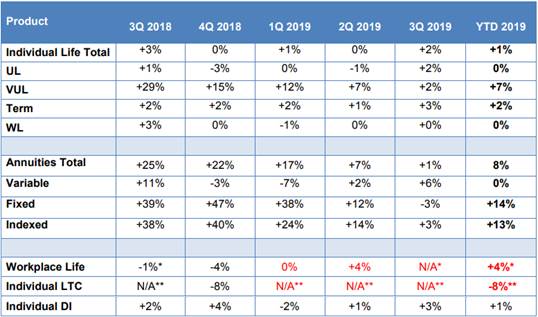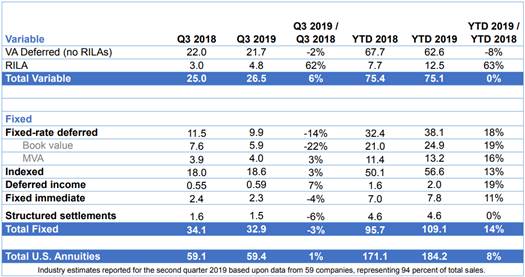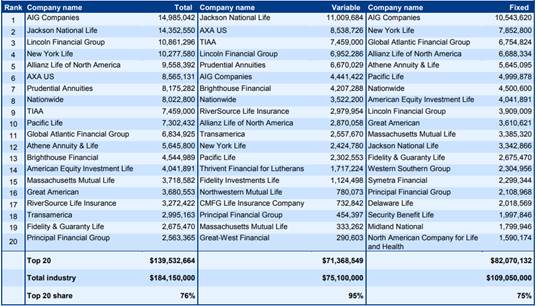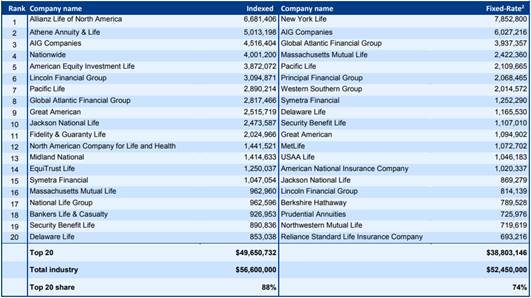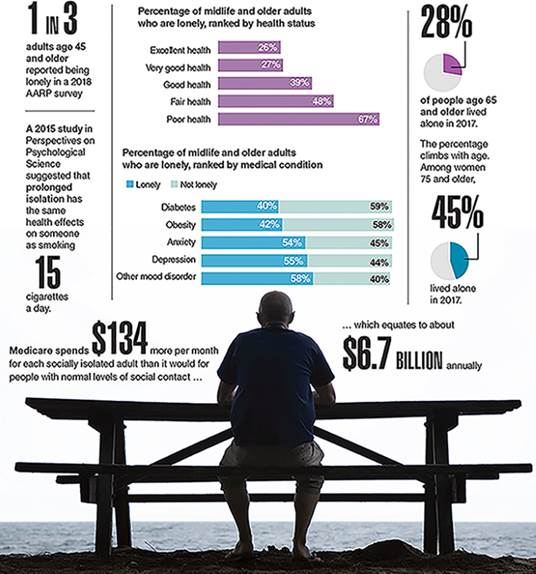McConnell Encourages Senate to Help Middle Class by Overturning Obama Regulatory Scheme
Dan Gunther, Prosperity Advantage Marketing’s Founder and President, has over three decades experience in the industry. He has long been active in industry issues and was especially vocal during the 2016 DOL rule crisis. In fact, he worked closely with Senate Majority Leader Mitch McConnell’s team in an effort to protect consumers and producers alike. In the linked video, Senator McConnell reads Dan’s letter to the full Senate just prior to their vote to repeal the DOL measure. He references an insurance marketing organization in Prospect, which is in reference to Prosperity Advantage Marketing’s home office.
For immediate release Tuesday, May 24, 2016
‘Today the Senate will have a chance to stand up for smaller savers and Middle Class families by voting for a disapproval measure before us…The Administration has heard the protests over this regulation. But these officials don’t seem to care about the harm it might cause.’
WASHINGTON, D.C. – U.S. Senate Majority Leader Mitch McConnell made the following remarks on the Senate floor today regarding a legislative measure that would protect working families and smaller savers from the latest burdensome regulation by the Obama Administration:
“This Administration has been on a long regulatory march for years now, and too often, its regulations end up hurting the very Americans they purport to help.
“Though issued in the name of greater equality, it’s actually the well-off and well-connected who are best positioned to deal with these new regulatory schemes. Meanwhile, purported beneficiaries — like working and Middle Class Americans — too often end up with higher costs and less access to things they need.
“We’ve seen it happen with Obamacare. We’ve seen it happen to families and businesses that can’t get a loan due to Dodd-Frank.
“And in the case of the so-called ‘Fiduciary Rule,’ we are talking about a set of regulations that will reduce access to investment advice for those struggling to save for retirement. I have sincere concerns about what this could mean not only for the ability of investment advisors to provide quality financial advice, but also for the ability of consumers to seek affordable retirement options.
“Today the Senate will have a chance to stand up for smaller savers and Middle Class families by voting for a disapproval measure before us — a disapproval measure to overturn a set of regulations many believe will make it harder for these families to save for retirement.
“Some have estimated that investment fees could more than double under this regulation. What this means is that many consumers could risk losing access to quality, low-cost retirement advice, and many financial advisors may not be able to offer sound financial products that provide peace of mind to their clients. But don’t take my word for it. Many Kentuckians have voiced their concerns too.
“I’ve received thousands of pieces of correspondence from constituents who fear the potential effects of this regulation. I received one letter from Prospect from someone with a small independent insurance marketing company. Obviously, given the historic regulatory burden this rule places on the financial services and insurance industries, particularly on small businesses, he is concerned about the impact of this rule on his small firm. But he also worries about the impact this rule will have on the families that he is helping to prepare for retirement.
“He writes: ‘This rule makes it virtually impossible for…independent life insurance agents to provide valuable guidance to middle-class America, and will cause irreparable harm to the citizens the rule was designed to protect.’
“The regulation could potentially discourage investment advisors from taking on clients with smaller accounts. These smaller accounts represent everyday Americans trying to plan for their future, who now could have less access to sound investment advice.
“The notices are coming for small savers – who are likely to hear something like, ‘Sorry, but due to new regulations, we will no longer be able to service your account.’ And again, if you make a lot of money, you’re likely to do just fine and still have plenty of access to retirement advice. But it is the little guy who’s likely to be harmed here. This is why, from the moment these regulations were proposed, there were so many bipartisan concerns raised about it.
“When this regulation goes into effect, too many Americans may be in danger of not receiving the financial advice they need for retirement. One report projects the regulation could result in up to $80 billion worth of lost savings every year.
Local chambers of commerce, small businesses, associations, and organizations joined in a letter voicing their concerns that, ‘This rule disproportionately disadvantages small businesses and those businesses with assets of less than $50 million, and stifles retirement savings for millions of employees by placing additional burdens on America’s leading job creators, small businesses, which will likely substantially reduce retirement savings for many Americans.’
“The Administration has heard the protests over this regulation. But these officials don’t seem to care about the harm it might cause.
“According to a report released by the Senate Homeland and Governmental Affairs Chairman, the Administration has ‘disregarded…concerns and declined to implement recommendations’ from career nonpartisan staff and government officials. Not for the first time, this Administration is rolling roughshod right over the concerns of too many Americans, including the people it should be working to protect, like working families and low-income seniors.
“That’s why I’m proud to support this disapproval resolution to block enforcement of this rule. For several years now, letter after letter from Republicans and Democrats went to the Administration and the Department of Labor, urging them to rethink this rule. Unfortunately, you can sign onto all the letters in the world opposing a rule, but it all means nothing if you are not there to oppose the rule when it counts — when it comes time to vote. That time is now.
“I urge my colleagues on both sides of the aisle to consider the consequences of this rule on middle class families and our economy, and join me in standing up for the middle class by voting for the resolution of disapproval.”
###

